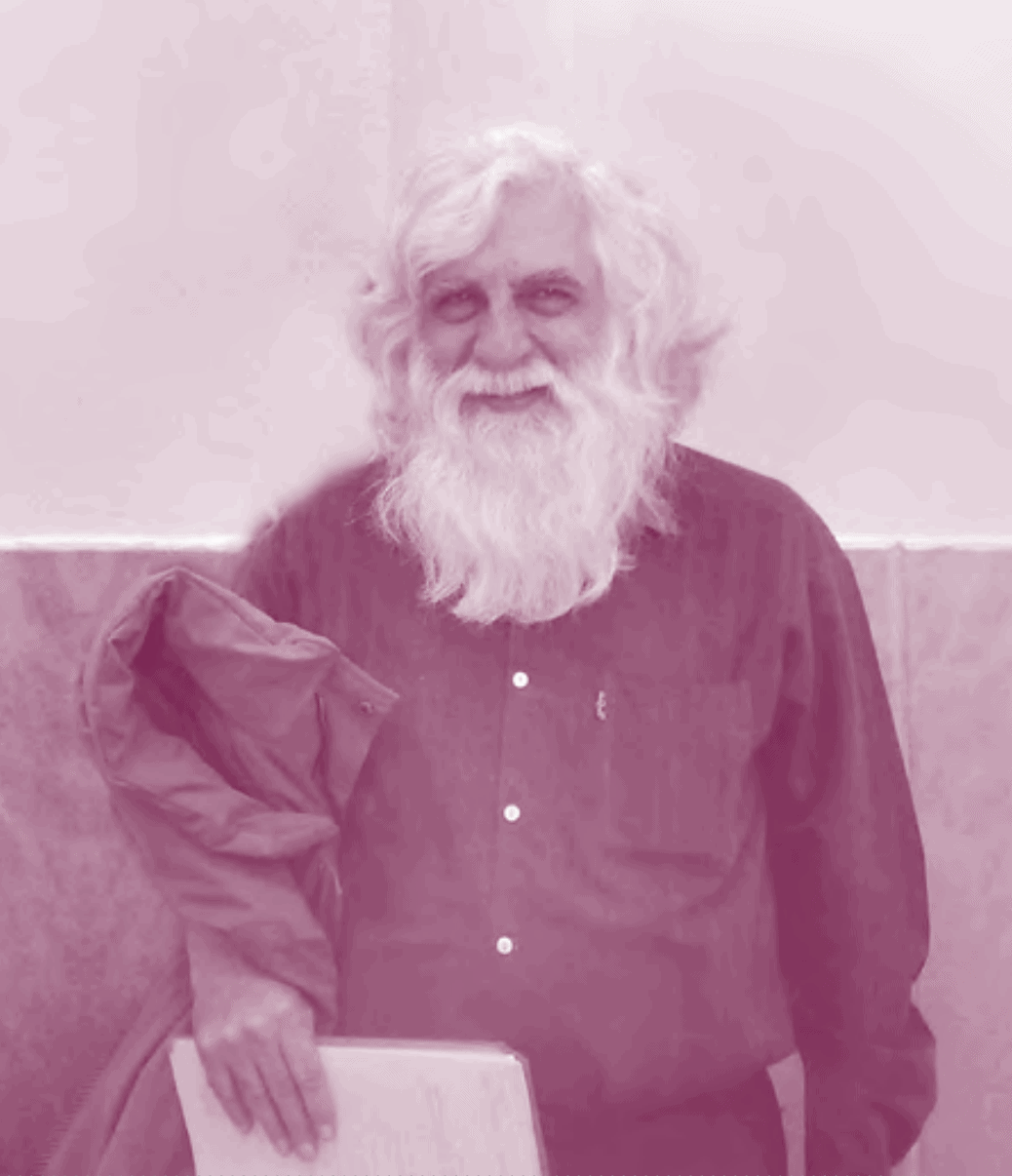Iranian Armenian scientist Caro Lucas (Karo Ghukasian) was a multitalented academic honored by the Iranian Science and Culture Hall of Fame as an Eternal Figure (2006), a title of distinction offered to very prominent Iranian scholars.
Caro Lucas was born on September 4, 1949, in the city of Isfahan, during a summer trip of his Armenian family, but grew up in Tehran, where he graduated from the Kooshesh-Davtian Armenian High School. He received his M.Sc. degree in Electrical and Control Engineering from the University of Tehran in 1973. His extraordinary scientific talents were noticed from early on. His advisor recommended him to the University of California, Berkeley, with a categoric statement: “You are crazy if you do not accept Caro in your school.” He obtained his PhD degree in Control Systems from UC-Berkeley in 1976.
In the same year, he returned to Iran, where he joined the School of Electrical and Computer Engineering in the Faculty of Engineering of the University of Tehran, soon becoming a prominent academic and even iconic figure. He remained at the same university for more than three decades and served in different capacities, including chairman of the Electrical and Control Engineering department (1986-1988). He had visiting positions at different universities in the United States (UCLA and UC, Berkeley), Libya, Canada (University of Toronto), China (Chinese Academy of Sciences), Italy, Germany, and Armenia, where he taught at the Yerevan Physics Institute (1997) and the American University of Armenia. He married Emilia Nercissians and had a son, Arman.
The Armenian academic reached an iconic status as a multidisciplinary scientist. His outstanding ability to analyze almost everything at an abstract system level and go back and forth between the model and the reality enabled him to teach System Design not only to students of electrical and computer engineering, but also management, biology, medicine, geophysics, industrial engineering, finance, and even art. His courses on any given subject, used to attract up to one hundred graduate students, a figure several times above the average number of students per class in graduate courses. His many areas of contribution to Iranian scientific society include biological computing, computational intelligence, uncertain systems, intelligent control, fuzzy systems, neural networks, multiagent systems, swarm intelligence, data mining, business intelligence, financial modeling, knowledge management, systems science, and general design theory. He authored or co-authored 826 conference papers, 332 journal papers, and 39 chapters in books, edited 8 book volumes, served as program committee member for 96 conferences, and presented invited talks or keynote speeches in 190 national and international events.
Lucas started his research career in system sciences and engineering, but in the 1980s he gradually shifted the focus of his research towards intelligent systems. He was among the first international researchers who realized the connection between neural networks, fuzzy logic, and genetic algorithms. As a result, he started a research program in these areas, which included teaching related advanced courses. He was an advisor to many organizations, as well as the Vice Minister of Culture and Higher Education of Iran (1995-1998) and founded the School of Intelligent Systems (now called School of Cognitive Sciences) at the Institute for Research in Fundamental Sciences (IPM) in Tehran, of which he was the first director (1994-1998). He also founded the Control and Intelligent Processing Center of Excellence at University of Tehran (2001-2005).
Karo Ghukasian passed away prematurely, at the age of 59, on July 8, 2010, from intestinal infection resulting from a medical mistreatment.

